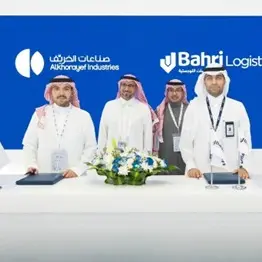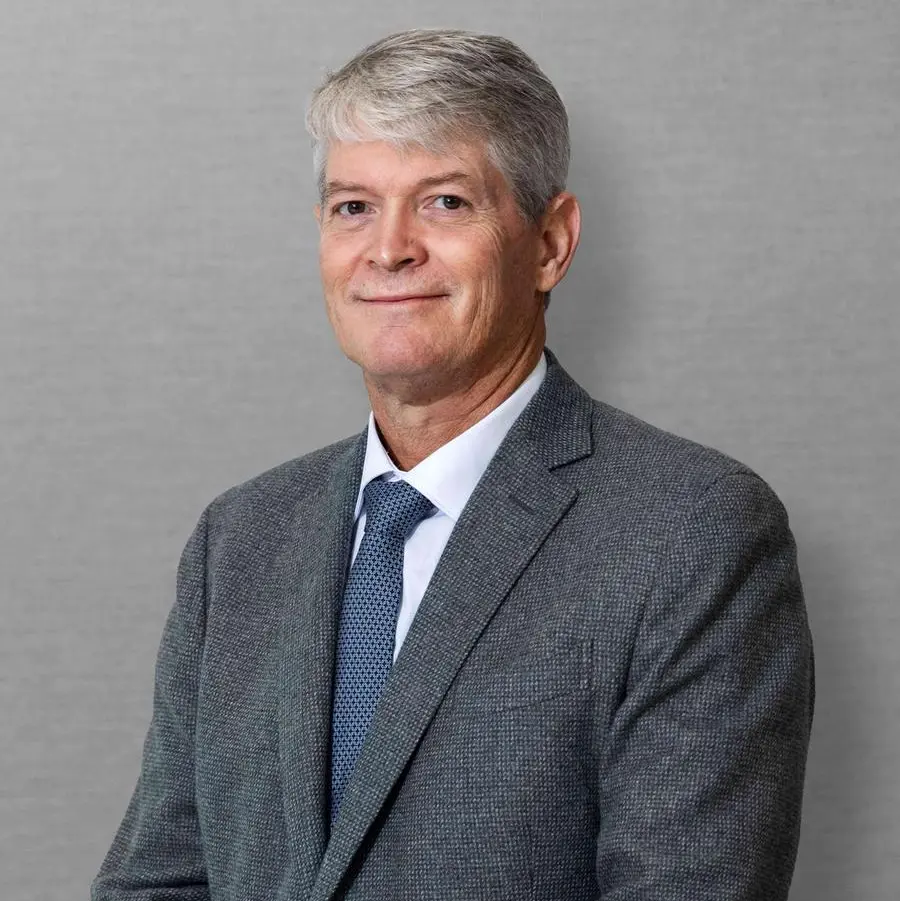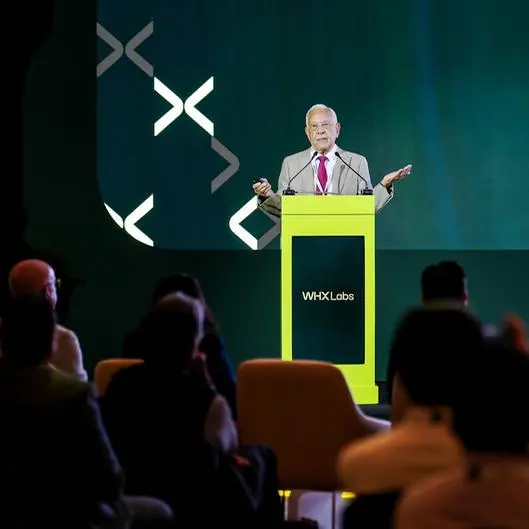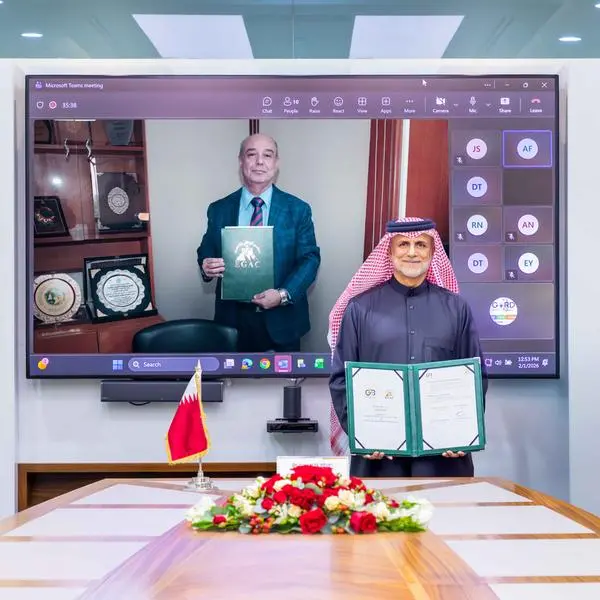Kuala Lumpur - The Islamic Financial Services Board (IFSB), with the support of Banco De Espana and in collaboration with the IE Business School, has successfully organised a Seminar on Islamic Finance themed 'The Real Economy and the Financial Sector' on 24 May 2016 in Madrid, Spain. The one-day Seminar, which is part of the IFSB European Forum Series, was attended by 100 speakers and delegates from across 20 countries. The Forum was held at IE Business School in Madrid, Spain.
In his Opening Address, H.E. Luis M. Linde, Governor, Banco de Espana, acknowledged the growing importance of Islamic finance globally with particular emphasis on the expansion in Islamic banking assets and suk?k issuances as well as Islamic finance's role in enhancing financial inclusion. Mr Linde also stressed that the further growth and development of Islamic finance depends upon continued financial regulatory reforms and Islamic finance's integration into the international financial system. In this regard, two key challenges were highlighted - first the need for further development of the Islamic finance architecture such as payment systems along with resolution and recovery frameworks; and second, the integration of Islamic finance into the wider financial system, which has persisting challenges due to the necessity to comply with the wider conventional frameworks. He noted that the latter attracts issues such as double taxation, linkages with interest-based facilities and instruments, amongst others. His Excellency Governor Linde also mentioned the IFSB's role in organising the Seminar, and commended such efforts in raising awareness and understanding on the issues at hand.
Secretary-General of the IFSB, Mr. Jaseem Ahmed, in his Opening Remarks welcomed the widening interest in Islamic finance in Europe which has included in recent years the issuance of licenses for Islamic banks, most recently in Germany, and also sovereignsukuk issuances by the United Kingdom and Luxembourg. He noted that factors such as high ethical conduct, avoidance of excessive debt, uncertainty and speculation, a focus on the real economy and promotion of risk-sharing financing are key features of Islamic finance which can contribute to greater loss absorbency and hence greater stability in financial systems. He further discussed the need for Islamic finance to enhance financial inclusion, support start-ups and SMEs with its risk-sharing principles, facilitate infrastructure financing through issuances of sukuk among others. He stressed that the IFSB values greatly the intrinsic strengths of the 'embedded governance' of Islamic finance. At the same time, it also sees, in line with its mandate, the need for a vigorous and accelerated set of reforms to strengthen the stability and resilience of Islamic finance through proactive measures that monitor risks through an effective system of regulation and supervision. In this respect, the IFSB actively engages and cooperates with its standard-setter counterparts, such as the Basel Committee, IAIS and IOSCO.
On his part, Mr. Guillermo de la Dehesa Romero, Chairman of the International Advisory Board, IE Business School, in his Welcoming Remarks acknowledged the role of Islamic finance in complementing the conventional finance industry and how its rapid development requires well qualified human capital. He highlighted that deeper understanding among finance professionals of the elements of Islamic finance could help in shaping the debate on the new financial order to achieve global financial stability. In responding to this need, Mr Romero stated that Islamic finance has been included in the IE Business School Masters in Finance programme since 2006. More recently, in September 2015, the Saudi-Spanish Center for Islamic Economics and Finance (SCIEF) of the IE Business School, in collaboration with the Islamic Corporation for the Development of the Private Sector (ICD) launched its Masters in Islamic Finance and Leadership Development Programme.
The first session of the Seminar titled 'Islamic Finance: Legal and Regulatory Considerations' was chaired by Ms. Pilar L´Hotellerie-Fallois, Associate Director General of International Affairs, Banco de Espana. She started the session by providing a background to the legal and regulatory challenges surrounding Islamic finance in general, and in non-Muslim countries in particular, highlighting the need to ensure compliance of Islamic finance products with conventional regulations while also addressing key issues such as double taxation, liquidity requirements, bank resolution frameworks, etc. The first panellist, Ms. Sarah Breeden, Acting Executive Director, International Banks Supervision, Bank of England (BoE) shared the UK's experience where the BoE supports Islamic finance through regulations andShariah-compliant facilities that ensure a level-playing field. She stated that the UK's Common Law Framework is widely adopted in legal contracts for a number of Islamic products globally. She added that the BoE has identified a shortage of High Quality Liquid Assets (HQLA) for Islamic banks in UK and in this regard, the BoE has developed a Shariah-compliant deposit facility concept to alleviate this shortage and it is now evaluating its implementation.
The second panellist, Ms. Farmida Bi, Head of Islamic Finance, Norton Rose Fullbright UK, noted that Islamic mortgages were the first product developed in the UK to enable Muslim UK citizens to participate in home-ownership. She clarified the use of the term alternative finance, as opposed to Islamic finance in the UK legal framework to ensure a neutral approach that fits within the secular framework and without any sense of favouritism. She stressed on the need for an on-going commitment to Islamic finance from the authorities since every new development has to be reviewed from an impact perspective on Islamic finance products e.g. new tax and stamp duty laws, and so on. The third panellist, Mr. Mario Guadamillas, Practice Manager, Finance and Markets Global Practice, World Bank Group, focused upon the need for developing robust liquidity infrastructure, financial safety-nets and an overall effective regulation and supervision frameworks for Islamic finance. He highlighted its importance since the IFSB has identified at least 11 countries where Islamic finance has now achieved domestic systemic importance. He noted that further study is required in order to understand how Islamic finance is impacted from macroeconomic factors such as low oil prices, and also what are the interlinkages and risk-transmission channels between, for instance, Islamic finance institutions and conventional finance. Finally, the fourth panellist in the session, Dr. Yakubu Umar, Special Advisor to the Governor of the Central Bank of Nigeria, stressed that Islamic finance is universally accessible and everyone can benefit from its offerings. He noted that the principles of Islamic finance relate to morally sound and legally approved financial structures which are somewhat equivalent to the western notion of socially responsible finance. He further explained the relevant legislative steps undertaken by the Nigerian Government and the formulation of a 'Financial Regulation Advisory Council of Experts for Non-Interest (Islamic) Financial Institutions' by the Central Bank of Nigeria to facilitate non-interest banking in Nigeria.
The second session, themed "Sukuk - A Growing Alternative Asset Class to Fund the Real Sector" was chaired by Dr. Celia de Anca, Director, SCIEF, IE Business School, who began the session by framing the background on the rapid surge of the global s ukuk market with issuers ranging from sovereigns, government-related entities, and corporations. She then highlighted some of the persisting challenges in the sukuk market such as secondary market liquidity, possible double taxations amongst others and invited the panellists to discuss the developments in this market and what lies ahead in future. The first panellist, Mr. Khaled Mohammed Al-Aboodi, Chief Executive Officer, ICD, Islamic Development Bank (IDB) Group, linked the rapidly surging demand for ethical investments in Europe and North America as a promising outlook for the Islamic finance industry including sukuk which has gained widespread recognition by the international markets as an alternative instrument for raising funds. He clarified that the Islamic finance industry has evolved from a purely banking industry in the 1990s to many different segments including Islamic capital market and Islamic insurance. He added thatsukuk can support the infrastructure and other funding needs in Europe as an alternative financing source and gave some examples from Malaysia and Saudi Arabia where sukuk have been instrumental in supporting the local infrastructure projects.
The second panellist, Dr. Mohamed Damak, Director, Global Head of Islamic Finance, Standard & Poor's Ratings Services noted some of the challenges in the sukuk market, which revolve around the complexity of the structures and higher funding costs for issuers vis-à-vis conventional bonds, which are relatively straightforward and can be issued on a timely and cost-effective basis. He provided an example where a bond can be issued in a few days compared to at least a few weeks to set out the parameters and secure approval for issuing sukuk. On the positive side, he highlighted the evolving regulations and need for regulatory-compliant capital instruments and HQLA as positive for the growth of the sukuk market. He also stated that there is nearly USD 500 billion capital available to those investors (e.g. Islamic funds, Takaful operators, etc.) who can only invest in Shariah-compliant instruments and this bodes well from a demand perspective for the global sukuk market.
The third session, themed "Equity-based Financing and its Effects on Macroeconomic Resilience" was chaired by Dr. Sherif Ayoub, Assistant Secretary-General of the IFSB. Dr Ayoub began by highlighting the long-standing concern of the international economic and financial community to develop financial sector sustainability and resilience, where he discussed the notion put forward by some economists that the tax deductibility on interest payments is a form of 'senseless subsidy' that is naturally calibrating economic agents to take more debt; the implication being the financial sector eventually is highly leveraged and decoupled from the real sector which has an impact on macroeconomic resilience. The first panellist for this session, Mr. Peter Smith, Managing Director, Policy and Strategy, Dubai Financial Services Authority, stated that equity-based structures can offer macro-economic resilience. Taking the banking sector as an example, he stated that higher equity in the form of more capital is resilient as it can absorb losses on the assets side, and helps prevent bank-runs on the liabilities side, minimising the need for tax payers bailout. Nonetheless, despite profit-and-loss sharing being the heart of Islamic finance, he noted that it is rarely utilised and these are due to certain challenges such as (i) Asymmetric information where Islamic banks must have competent knowledge on the industries where they are to engage in equity-based financing; (ii) The ownership of assets through equity-financing will lead to considerable value fluctuations on the balance sheet of the Islamic banks; and (iii) There is a real and significant demand for debt and debt-like structures in the market.
The second panellist, Professor Charles Goodhart, Emeritus Professor, Banking and Finance - Financial Markets Group, London School of Economics, shared some findings from his paper where he observes an unparalleled increase in debt prior to the global financial crisis and 8 years since then, where there has been a very considerable further increase in debt as a ratio to GDP in most countries. He suggested that the only promising way to address this debt crisis is to shift from a debt-financing regime to a profit-sharing equity-based financing regime. He suggested some ways for this to be done; for example, by issuing GDP-linked bonds or sukuk, although it may not necessarily resonate with investors who like to earn constant returns.
The fourth and final session of the Seminar was themed "Banking the Unbanked: Enhancing Financial Inclusion using Risk-Sharing Instruments" and chaired by Dr. Pablo Moreno, Head of International Relations, Banco de Espana, who highlighted that financial inclusion is a recurring theme in the global financial agenda and there is a critical need to enhance financial inclusion, particularly in Muslim-majority countries where large segments of population remain unbanked. The first panellist for this session, Professor Dr. AzmiOmar, Director-General, Islamic Research Training Institute (IRTI), IDB Group, highlighted that 40 out of the 48 IDB member countries included in a study were found to have a formal bank account penetration rate of less than 50%, which is the world's average. He stressed the fact that there are approximately 1.5 trillion Muslims globally, with a majority of those unbanked, signals the need for Islamic microfinance regulations to bring them into the formal financial sector. He gave examples of Islamic social mechanisms such asQard Hasan, Zakat, Waqf, Sadaqah that can be used to provide Islamic microfinance and mentioned such models were already being implemented in many countries, including Bangladesh Indonesia, Pakistan, and Sudan.
The second panellist, Dr. Marcos Eguiguren, Executive Director, Global Alliance for Banking on Values (GABV), The Netherlands shared GABV's mission to use finance to deliver sustainable economic, social and environmental development. He described the GABV Principles of Sustainable Banking that include aspects such as the Real Economy, Transparency, Long Term Resilience, Client Charter and Triple Bottom Line. He also announced that an Islamic bank is within weeks of being officially a member of GABV. The third panellist for this session, Professor Ignacio de la Torre, Academic Director, Master in Finance Programme, IE Business School, shared that as per some estimates, Islamic microfinance is small at around 1% share of total Islamic finance and this needs to be increased. On criticisms that microfinance is very expensive, he explained that this is due to a number of factors including high inflation rates in many developing countries leading to higher rates charged; and also cost of processing applications is very high in the microfinance sector. In his view, competition needs to be increased to bring such costs and charges down. More importantly, he stated that the bottom income people in the population have the highest marginal propensity to consume and hence, providing them with financing to earn a livelihood will substantially improve the country's GDP.
Overall, the panellists and audience generally appreciated this joint Seminar, and the IFSB's European Forums, as it encourages broad interaction and discussions between delegates on relevant aspects of the Islamic finance industry with a view to achieving better understanding and awareness.
-Ends-
About the Islamic Financial Services Board (IFSB)
The IFSB is an international standard-setting organisation that promotes and enhances the soundness and stability of the Islamic financial services industry by issuing global prudential standards and guiding principles for the industry, broadly defined to include banking, capital markets and insurance sectors. The IFSB also conducts research and coordinates initiatives on industry-related issues, as well as organises roundtables, seminars and conferences for regulators and industry stakeholders. Towards this end, the IFSB works closely with relevant international, regional and national organisations, research/educational institutions and market players. The members of the IFSB comprise regulatory and supervisory authorities, international inter-governmental organisations and market players, professional firms and industry associations.
For more information about the IFSB, please visit www.ifsb.org.
About IE Business School
IE Business School (www.ie.edu/business-school/) shapes leaders that promote innovation and change in organisations, equipping directors with an entrepreneurial mindset that generates employment, wealth and social wellbeing. Recognised as one of the world's leading business schools, IE Business School has an urban campus in Madrid and delegations in every continent. The School has a faculty of more than 500 professors who teach students from 106 countries on its master, PhD and executive education programmes. IE employs innovative online and onsite learning formats which benefit the IE communities' network comprises of 50,000 IE graduates who currently hold management positions in some 150 countries.
© Press Release 2016


















